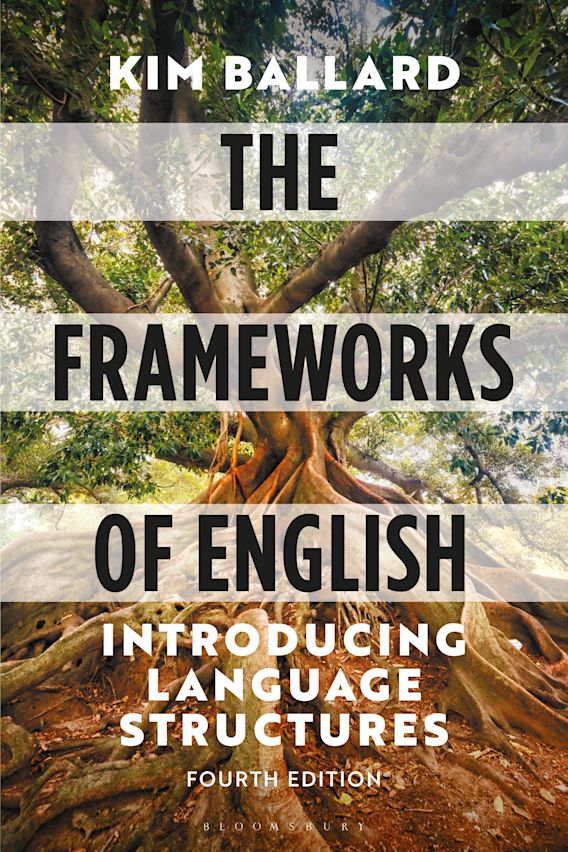



johndoe@gmail.com
Are you sure you want to reset the form?
Your mail has been sent successfully
Are you sure you want to remove the alert?
Your session is about to expire! You will be signed out in
Do you wish to stay signed in?
Question 1 (Consolidate)
We saw Chapter 9 that the phonemes of a language or an accent can be worked out by the use of minimal pairs. Which of the RP consonants can make a minimal pair using the example pie /paɪ/? For instance, pie and buy show that /p/ and /b/ are phonemes, while pie and my show that /m/ is also a phoneme.
Answer/discussion
| plosives | |
| /p/ pie, /b/ buy, /t/ tie, /d/ die, /ɡ/ guy | /k/ not possible |
| fricatives | |
| /f/ fie, /v/ vie, /θ/ thigh, /ð/ thy, /s/ sigh, /ʃ/ shy, /h/ high | /z/, /ʒ/ not possible |
| affricates | |
| /ʧ/ chai | /ʤ/ not possible |
| nasals | |
| /m/ my, /n/ nigh | /ŋ/ not possible |
| approximants | |
| /w/ why, /l/ lie, /r/ rye | /j/ not possible |
Question 2 (Consolidate)
Which phonemes cannot be established using the buy pattern? For each of these consonants, find an alternative minimal pair.
Answer/discussion
| for /k/, /ʤ/ and /j/ | cot, jot, yacht |
| for /ʤ/ and /ŋ/ | ridge, ring |
| for /z/ and /ʒ/ | baize, beige (/beɪʒ/) |
Question 3 (Explore)
Can you identify any minimal pairs to demonstrate the phonemic status of schwa (/ə/)? What is unusual or problematic about this phoneme?
Answer/discussion
| ago | /əɡəʊ/ | ego | /iːɡəʊ/ |
| along | /əlɒŋ/ | oolong | /uːlɒŋ/ |
| articulate (adj) | /ɑːtɪkjulət/ | articulate (verb) | /ɑːtɪkjuleɪt/ |
| accept | /əksept/ | except | /eksept/ |
| pitta | /pɪtə/ | pity | /pɪti/ |
As you probably discovered, these minimal pairs are quite hard to come by, unlike the examples for Questions 1 and 2. The difficulty with schwa is that it only occurs in unstressed syllables, so it’s hard to be certain that it isn’t a reduction of another speech sound and therefore an allophone rather than a phoneme. You can see this in accept, where most speakers would probably feel it to be a reduction of /æ/ (and would say [æk-sept] if they exaggerated the pronunciation). Similarly, in articulate, the adjective has a different stress pattern from the verb, and schwa could be seen as the result of the last syllable becoming unstressed. However, in pitta (a recent loan word of partly uncertain origin) it would be hard to identify for certain what reduced phoneme (if any) schwa represents. The same is true of ago and along, although these are not loan words. (And this could also be said of the schwa in rhythm /rɪðəm/, although this word has no minimal pair partner.) Ago and along belong to a larger set of a-words, which all begin with schwa (other examples including afraid, away, across). You can read more about schwa in Section 11.2.
The question of whether schwa is a true phoneme of RP has vexed phonologists a great deal, and no final conclusions have been reached. Although it only occurs in unstressed syllables, it isn’t always possible to be certain about what underlying sound it represents, providing some indication that it’s a sound in its own right. This is perhaps most true of a-words. Given that not all phonemes share the same distributional range (as Chapter 10 demonstrates), it’s possibly best to conclude that schwa is a phoneme, but a more marginal, less typical one.

.